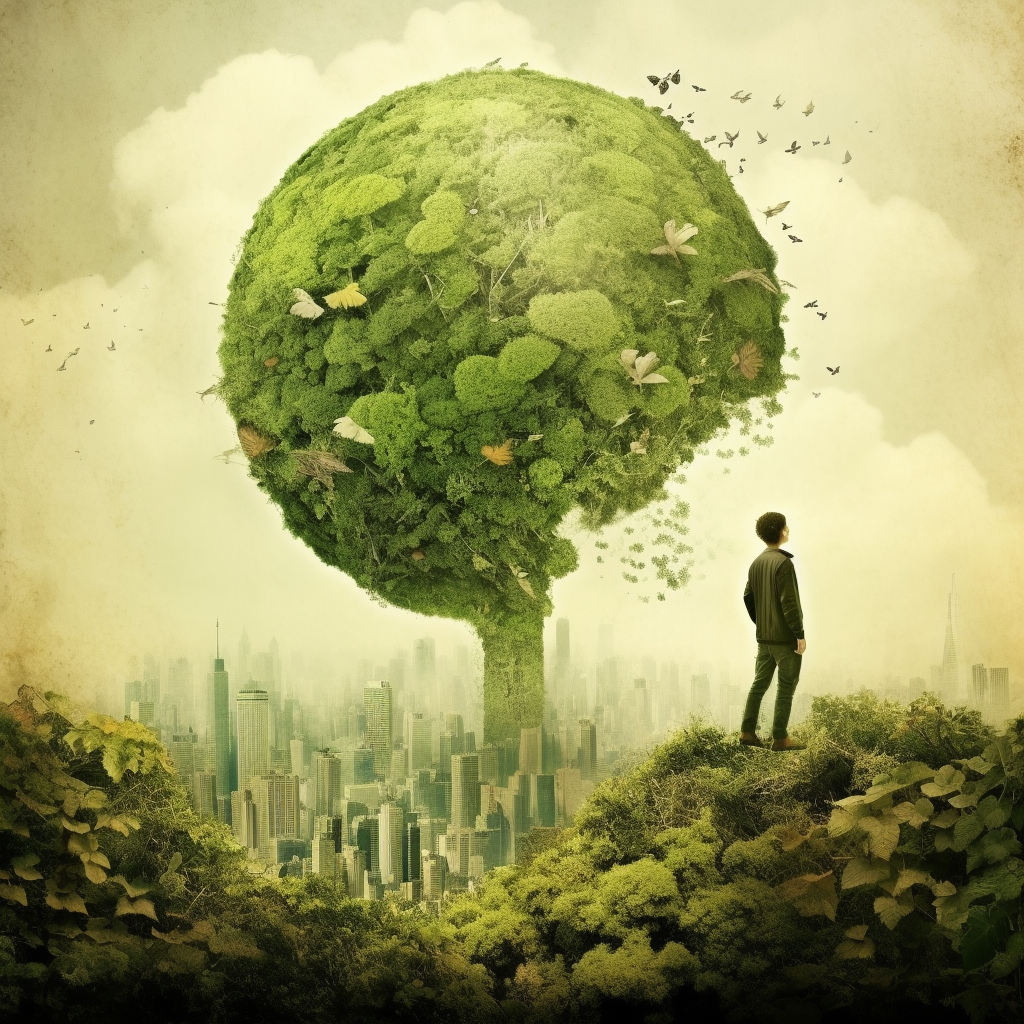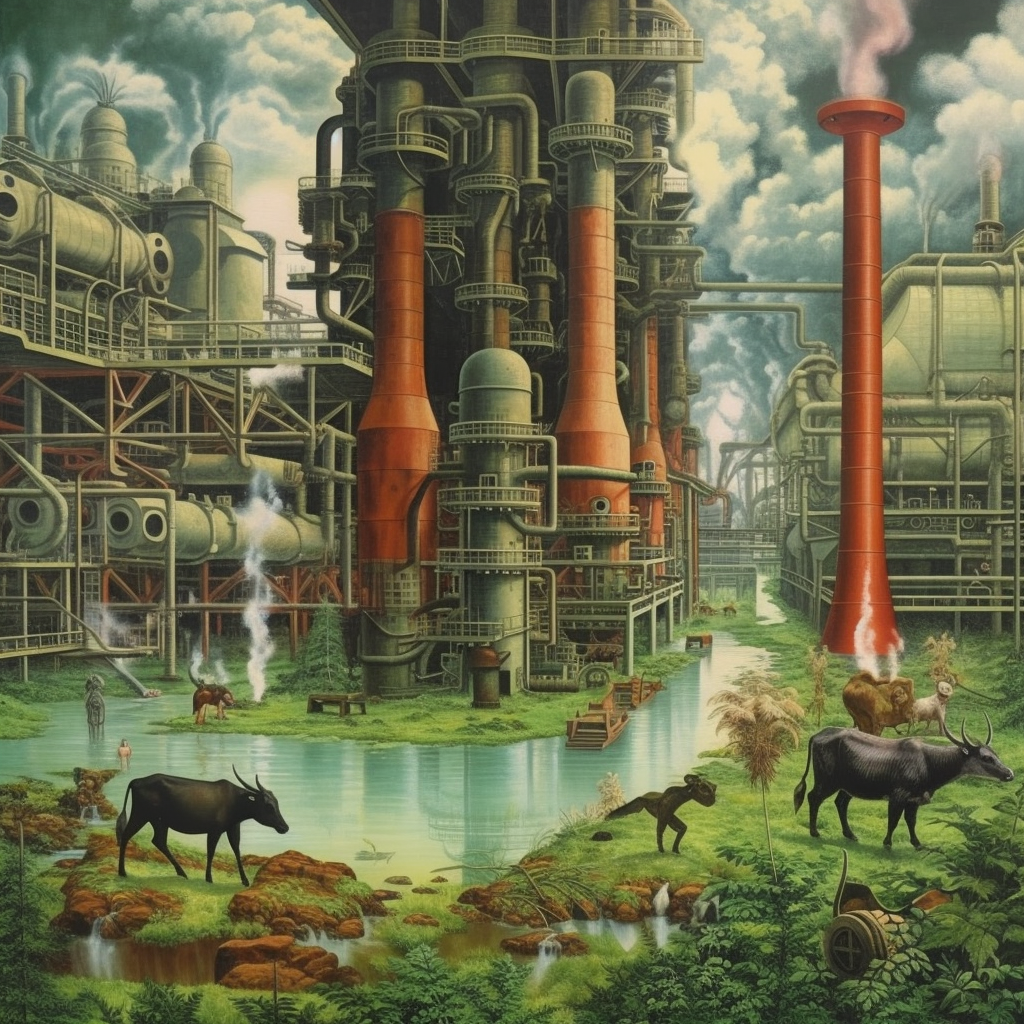A few weeks ago, I had the privilege of meeting a former colleague who embarked on a remarkable and inspirational journey, fully dedicating himself to the cause of sustainability. As we shared stories, we found ourselves reflecting on the highs and lows of this transformative path. We discovered a shared concern, not just about the resource-intensive nature of new compliance and reporting requirements, but also the persisting influence of legislation and regulations tethered to old, outdated norms.
In the midst of our conversation, a fundamental question emerged: How can we, as individuals, make the most substantial and positive impact on sustainability? It’s a question that has been on my mind ever since. And as serendipity would have it, I stumbled upon an article by Climate Optimist Daan Remarque, which shed light on a compelling distinction between two modes of thinking: i-frame and s-frame.

Individual versus system change
The i-frame, dominant in policy advice from behavioural scientists, predominantly focuses on the individual in sustainability campaigns. It encourages us to make small, mindful choices like conserving energy, practicing water efficiency, reducing waste, buying local and seasonal products, and much more. These actions are indeed important; they make us feel better and set a positive example for others. However, the i-frame approach often yields slow and modest change because it keeps the primary focus on individual behaviour.
On the other hand, the s-frame thinking champions a shift towards system change. The core message is simple: if we make intelligent changes to the systems that shape our lives, individuals will naturally engage in sustainable practices. In other words, it’s about transforming the environment in which we live, work, and play, so that sustainability becomes the default choice for all.

Unlocking our greatest impact
So, where does this leave us as individuals striving to make a positive contribution to a better world? The answer is clear: while our personal actions matter, the most significant impact we can collectively make is through smart systemic change.
Some examples are:
- Local and Sustainable Food Procurement: Government institutions, schools, and businesses can adopt policies that prioritize local and sustainably sourced food. This systemic change promotes sustainable agriculture and reduces the carbon footprint of the food industry.
- Eco-Friendly Urban Planning: Designing cities with walkable neighborhoods, green spaces, and mixed land-use areas encourages people to live in a more sustainable manner without having to make individual choices to do so.
- Public Transportation and Infrastructure: Investing in efficient and accessible public transportation systems, such as buses, subways, and bike lanes, encourages people to use sustainable modes of transportation. By improving infrastructure, you make it easier for individuals to choose eco-friendly options instead of relying on personal cars. (a good example here may be the difference in set-up between Singapore and Los Angeles)
By advocating and participating in changes to our systems—be it at work, in our communities, or at the policy level—we can create an environment where sustainable choices are not just the right choice but the default choice. Our role is not merely to make sustainable choices but to drive the change in the structures and norms that surround us.
In conclusion, let us remember that sustainability is not solely the responsibility of individuals but also a collective endeavour. Our actions, both as consumers and advocates for change, can propel a paradigm shift towards a more sustainable world. It’s time to think beyond personal choices and envision the greater impact we can achieve through systemic transformations. Together, we have the power to shape a future where sustainability is not just a choice; it’s the only choice.

